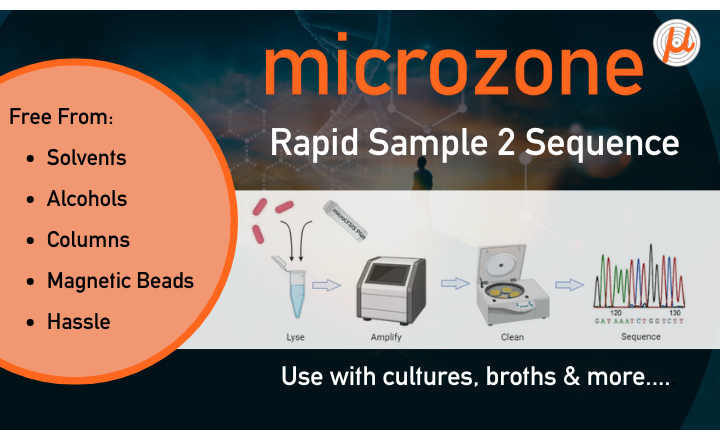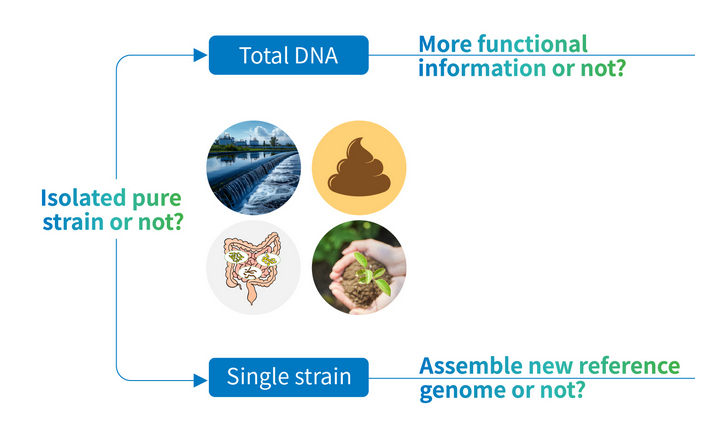The ECDC (European Centre for Disease Prevention and Control) is supporting Member States in the gradual use of sequence-based typing so they can participate in joint response and surveillance operations with EU/EEA Member States as enhanced used of whole genome sequencing in outbreak investigations and public health surveillance is essential for improved disease prevention and control.
The new report suggests a list of priority pathogens/diseases and outlines technical implementation options for the medium-term integration of molecular/genomic typing information into EU-level surveillance and multi-country outbreak investigations. This framework builds upon progress made earlier and is intended to consolidate ECDC activities in this area that were initiated in 2012 to support EU/EEA Member States.
To implement the proposed operations, ECDC is developing a set of digital applications that will be used to share, store and analyse sequence-based or WGS typing data. Data providers will be able to submit sequences and related data directly to the application, and data will be jointly analysed with a high level of automation to identify and visualise transmission signals and patterns.
Report includes programmes on:
- Antimicrobial Resistance and Healthcare-Associated Infections
- Food-and Waterborne Diseases and Zoonoses
- Emerging and Vector-Borne Diseases
- HIV/AIDS, Sexually Transmitted Infections and Viral Hepatitis
- Influenza and other Respiratory Viruses
- Tuberculosis
- Vaccine-Preventable Diseases





















